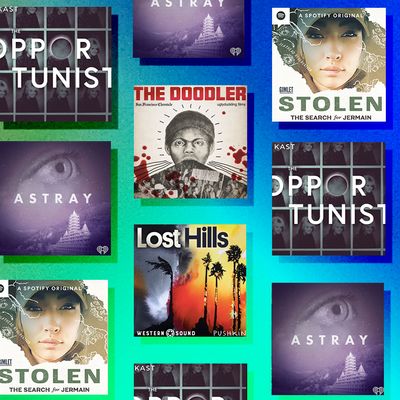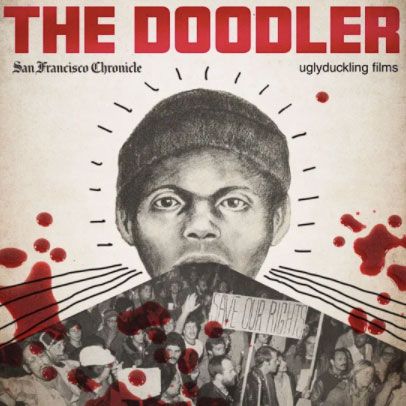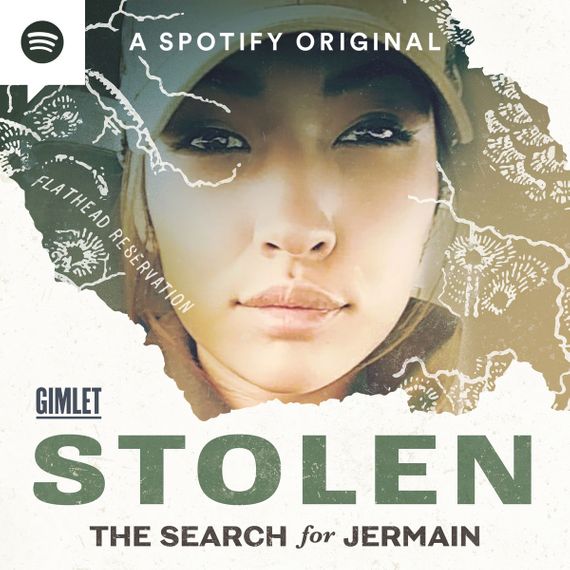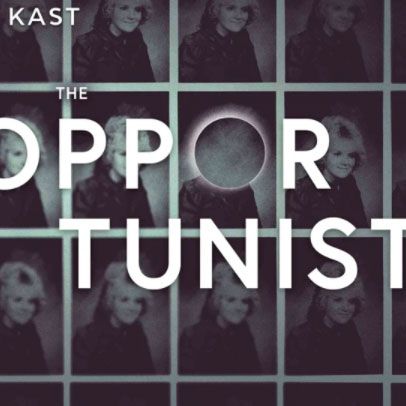
The true-crime-podcast universe is ever expanding. We’re here to make it a bit smaller and a bit more manageable. There are a lot of great shows, and each has a lot of great episodes, so we want to highlight the noteworthy and the exceptional. Each week, our crack team of podcast enthusiasts and specialists will pick their favorites.
The Doodler, “The Coldest Case in San Francisco” and “Murder, Mistrust, and the SFPD”
During the mid-1970s, a serial killer stalked and murdered at least five people in the Bay Area, eluding capture and prosecution to this day. No, this is not another Zodiac Killer podcast — this is the case of the Doodler, so named for the perp’s habit of sketching his intended victims and using the portraits to lure them in. The Doodler’s hunting grounds were the gay bars and clubs of San Francisco (all of his victims were gay men), and given the fraught relationship between the LGBTQ community and the police at the time, it’s not too hard to see how these crimes weren’t given the full attention they deserved. It’s a sad, all-too-familiar backstory that San Francisco Chronicle reporter Kevin Fagan details in episode two. A newspaper veteran, Fagan is committed to uncovering the identity of the Doodler and interviews as many of the victims’ friends and family members he and his colleagues can find and wrenches what little details he can from the police (who, in February 2019, revived interest in the case by offering a $100,000 award for information leading to the killer’s arrest). It wouldn’t be the first time a podcast has helped nab a criminal, and after nearly 50 years, these men deserve justice — and a whole lot more. —Amy Wilkinson
Astray, “India Syndrome” & “Ryan Chambers”
In August 2005, 21-year-old Aussie backpacker Ryan Chambers went missing from an ashram and unwittingly became the poster boy for “India syndrome.” This questionable theory posits that Westerners traveling to India seeking enlightenment may suffer a psychological break when their lofty expectations meet with overwhelming reality. Filmmaker and podcaster Caroline Slaughter explores this concept in the series’s first episode, tying this so-called syndrome to one death and three missing-persons cases as well as the traveler syndromes named for Florence, Paris, and Jerusalem. Digging into Chambers’s disappearance, Slaughter investigates not only the popular narrative of a seeker gone astray but the part that a malaria medication might have played. Bringing in experts who probe beyond the flashy — and xenophobic — headlines of these cases, she searches for a deeper truth about these lost souls and the quest for enlightenment. —Kristy Puchko
Stolen: The Search for Jermain, “The Dark Horse”
Jermain Charlo was last seen in 2018 walking down an alley on a summer night in Missoula, Montana. Journalist Connie Walker, formerly of Canada’s CBC network, investigates the 23-year-old Charlo’s disappearance, which, until now, has gotten very little media attention, though it’s hardly the first time an Indigenous woman has gone missing in Montana. In the third episode of Stolen, Walker reexamines information she found at the start of her search and finds that what seemed like basic facts of Charlo’s disappearance were actually up for debate. Where did Jermain go that night and with whom? Some say she was seen in front of the Orange Street Food Farm, while others remember her in a different part of town. Many people told conflicting stories about seeing Jermain that night, but the most concerning belongs to Jermain’s ex-boyfriend, Michael, who recounted two different tales of being with Jermain before she disappeared — including that he knew he “should have followed her” after dropping her off, one of many statements that are keeping him on police radar. —Chanel Dubofsky
The Opportunist, “Sherry Shriner, Part 6 of 8: Unraveling”
The Opportunist is an absolutely mesmerizing deep dive into the world of doomsday-cult leader Sherry Shriner and the havoc she wreaked on her followers from her social-media pulpit, which culminated in the 2017 murder of Stephen Mineo by his partner, Barbara Rogers. Shriner, who died in 2018, cobbled together a freaky cosmology from a buffet of conspiracy theories that went well beyond your garden-variety end-time Christianity and into the world of reptiles, clones, and aliens. Conspiracy theories like Shriner’s were once relegated to syndicated radio shows and dusty bookshelves in head shops, but thanks to Facebook and YouTube, you can find people spouting this sort of nonsense on the floor of Congress. The Opportunist is about the very real, very painful effects of these conspiracies, from estranged friends and family members to murder and suicide.
Producer and host Hannah Smith packs the podcast with interviews, audio clips, and insights born of empathy. She does a great job of putting together a cohesive narrative despite a wild card of a subject (there doesn’t even seem to be an obituary for Shriner? Where’s the conspiracy about that?) and a seemingly endless amount of internet drama. It’s also important to learn about how easily conspiracies can slip into our everyday lives — I’ve absolutely seen orgone pyramids at my local crystal shop, and I bet you have, too. —Jenni Miller
Lost Hills, “The Pink Bubble”
The second episode of Lost Hills — Dana Goodyear’s eight-part series on the events surrounding the murder of Tristan Beaudette, a 35-year-old father of two who was shot while camping with his daughters in Malibu State Park in 2018 — begins with a conversation about very expensive bee pollen. Khalil Rafati, the owner of SunLife Organics, a health-food store in Malibu, regales Goodyear with stories about the magic of the community, saying, “There’s nothing on the planet that equals this.” In a way, he’s not wrong — the more Goodyear investigates Beaudette’s death, the weirder and grimmer things get. There are the regularly reported gunshots that went uninvestigated by police; the Woolsey Fire, which destroyed 96,949 acres of land (and, potentially, evidence); the courtroom proceedings for Anthony Rauda, who was arrested for Beaudette’s murder; and a local columnist who isn’t afraid to accuse the police of an insider cover-up. Malibu, or “the pink bubble,” as it’s called, may be a place where beautiful people live in privacy, but, as Goodyear learns, it’s likely also the site of some truly ugly stuff that won’t stay hidden. —Chanel Dubofsky









